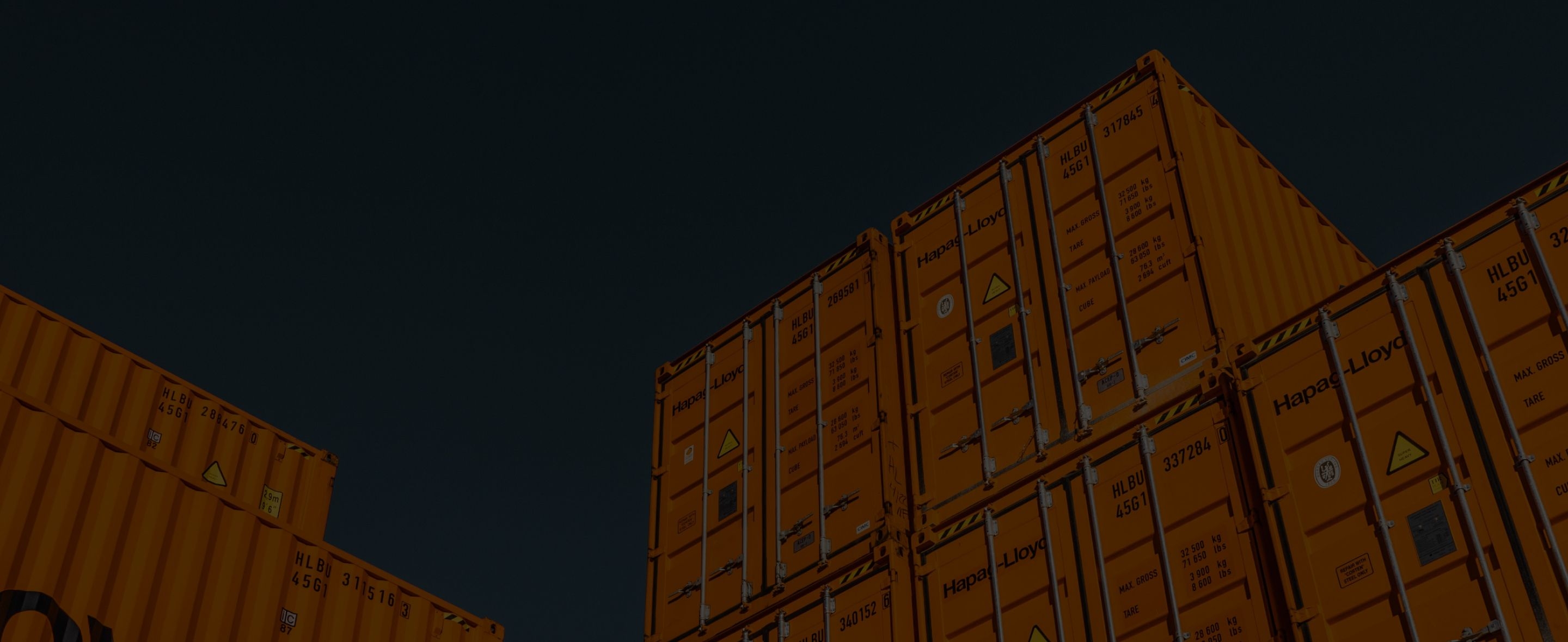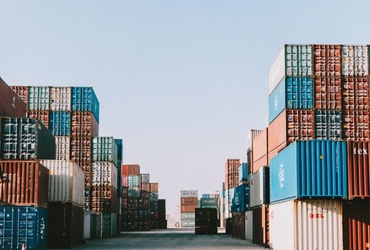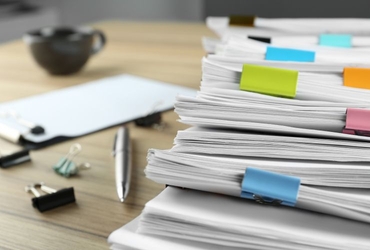
5 Essential Tips for a Successful Import in 2021



The number of import businesses is growing every year, and rightly so. When done correctly, running an import business can be very lucrative. However, despite the fact that so many people choose to become importers, only a tiny portion of them can make it big.
Why is that? Because most import businesses are unable to import successfully. When importing a good, it is essential that companies plan out the process carefully and executes it perfectly. For anyone planning to start or grow an import business, here are 5 essential tips for a successful import.
1. Know the Hold-Up Policies
At times, people leave their containers at the airport for longer than the allotted “free” time. After this time has passed, ports or railway stations charge a fee for the containers left on site.
The fee, or demurrage charge, may be charged per day or according to the size of the container. In any case, demurrage charges can go up to very high amounts. Hence, businesses need to make sure they’re up to date with what the charges are and when they’ll be imposed.
Luckily, it is not tricky to find the demurrage fees. A quick Google search will show you the most information you should know. These fees are usually available on government websites.
These demurrage charges are imposed so that ports and railways can make sure the containers are used efficiently. These charges are also used to compensate the shipping lines for overtime and also encourage importers to remove their goods within a reasonable time.
To stop costs from rising and keep profit margins high, businesses need to remove their containers as soon as possible.
2. Make Sure You Are Working With the Right People
Importing a good is a team effort. If even one person on the team lags behind, the whole team slows down, and the import may not be successful.
When importing something, businesses must get an import clearance through a clearing agent. For a successful import, importers should hire a clearing agent who is qualified and experienced. While getting clearance, a business must also have a commercial team to prepare essential documents, such as the commercial invoice.
In the case of both a clearing agent and the commercial team, having excellent and qualified people aboard matters immensely.
3. Make Sure There Are No Banned Goods
When importing goods from a different country, it is necessary to account for goods that are banned in either country. For example, it is permissible to import wine to the U.S. and Europe, but not to some Muslim countries. Some prohibited goods that cannot be imported into the U.K. are controlled drugs, dangerous weapons, pepper sprays, endangered animals, and inappropriate material.
For a successful import, businesses must ensure that the good they import is not banned. In some cases, a company can get a license or a permit to allow a banned good to be imported into a country. If a business does end up ordering something banned, they can attempt to obtain the permit.
4. Find Out the Packing Rules
In many countries, imported goods must be packed a certain way for a successful import. This is primarily to prevent the goods from damage.
Goods may pass through extreme weather and be subject to harsh loading conditions. Therefore, it is essential to ensure they are packed according to the requirements to avoid damage.
When planning for the import, businesses should keep a record of the packing requirements and policies of the countries they are importing from.
5. Be Aware of the Route
At times, the route between one country and the other is straightforward and direct. At other times, it is not. In the case of indirect routes, there is a higher risk of delay in delivery. Therefore, it’s crucial for businesses to do their research on the route and know whether to expect a delayed delivery.
After finding out the route and the possibility of delay, a business will have the option to cancel the shipment or to take a different route. This can help prevent uncertainty in the import business.
Additionally, when a shipment is moving from one country to the other, it may pass by different countries on the way. At times, those countries may require a check, even though the goods are not meant for them. When a business does this research, it is vital to make sure we know any such laws as well.
Related Articles


